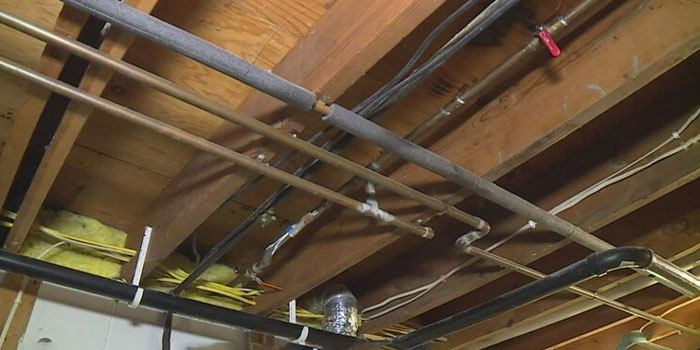
Your creditworthiness is summarised by a three-digit figure called your credit score. Lenders use it to determine if they should extend you credit, loans, or a mortgage, but it only tells part of the story.
However, credit ratings are not black and white like many other aspects of personal finance. Lenders place varying amounts of weight on the many iterations of your credit score.
Lenders use your FICO Score as part of the decision-making process for unsecured loans and credit cards. Fair Isaac Corporation, a data analytics company, determines your FICO Score using the information in your credit reports. Another popular option is VantageScore, a scoring system developed by the same company.
Be aware that the credit score on the mortgage application may vary slightly from the one you're used to seeing if you plan to apply for a mortgage. What you see when applying for a vehicle loan or checking your credit report may be different.
Each financial institution employs a somewhat different credit score formula when considering home loan applications. An explanation of credit scores and how they relate to purchasing a home follows.
How Your Credit Score Affects Your Mortgage Interest Rates

Your credit score is one-factor lenders use to evaluate the risk associated with lending you money. A better credit score usually indicates a more reliable borrower who will make timely loan repayments.
On the other hand, a low score may indicate that you have a history of paying back loans late or not at all. As a borrower, you're taking on more risk by doing this. Because of the higher perceived risk associated with lending to you, mortgage interest rates will likely increase.
As of March 2022, someone with a FICO credit score of at least 760 may qualify for an APR of around 6.539%, while someone with a score of 620 would be looking at an average APR of about 8.128%. The difference in interest rates of just a few percentage points can add up to tens of thousands of dollars throughout a loan.
Remember that credit ratings are just one factor that lenders consider. Suppose you have a negative notation on your credit report, like a foreclosure or a debt owed to collection agencies. In that case, lenders may reject your application or charge you a higher interest rate. The lending institution will also consider your down payment, loan size, and the location of the property.
How to Monitor Your Credit Reports
A premium credit monitoring service, which will pull more extensive data than a free version, may be worth considering since the mortgage business looks at all three credit reports and scores.
The best credit monitoring services will check your information with all three credit bureaux, giving you maximum protection.
- The premium version of Experian IdentityWorksSM alerts you to changes in your credit score, new inquiries and accounts opened in your name, changes to your personal information, and any suspicious activity found across all three credit reports. In addition, your FICO Score will be continually updated and sent to you.
- FICO® Basic, Advanced, and Premier credit monitoring services are the best and most accurate way to keep track of your industry-specific FICO score. There are 28 different FICO scores available to you through the various programs. If your personal information is compromised, you will have access to U.S.-based identity theft experts around the clock and be covered by $1 million in identity theft insurance.
Tips For Boosting Your Credit History In Preparation For A Mortgage Application

If you present yourself as financially stable, lenders are more likely to grant you a loan and grant it in more favorable conditions.
Check your credit reports for any red flags that could drag down your score before taking other steps to raise it. Prioritize the most detrimental indicators, which are the negative ones. Get in touch with the applicable credit bureau to dispute any inaccuracies.
In addition to these methods, you can also:
- You are paying all of your debts on schedule every time. You may avoid forgetting to make payments by setting up an automatic system. You can easily keep up with your financial responsibilities and never miss a payment due date with the help of tools like Quicken's automatic payment option.
- Maintaining a low credit card balance or zero balance at the conclusion of each billing cycle is a good practice.
- If you want to keep your credit history intact, keeping your oldest accounts open is best.
- I am refraining from making new credit applications, especially in the weeks and months preceding your mortgage application.
How Else Do Mortgage Lenders Determine Terms?
Credit scores affect mortgage approval and rates. Mortgage lenders evaluate applicants beyond credit ratings.
Not simply scores, they'll examine your credit reports. If you filed for bankruptcy or had a home foreclosed, the lender may reject your application even if you have stellar credit if you owe collection agencies too much.
Mortgage lenders may require bank statements, investment account statements, tax returns, and pay stubs. These can establish your income, indebtedness, and debt-to-income ratio, which is crucial.



